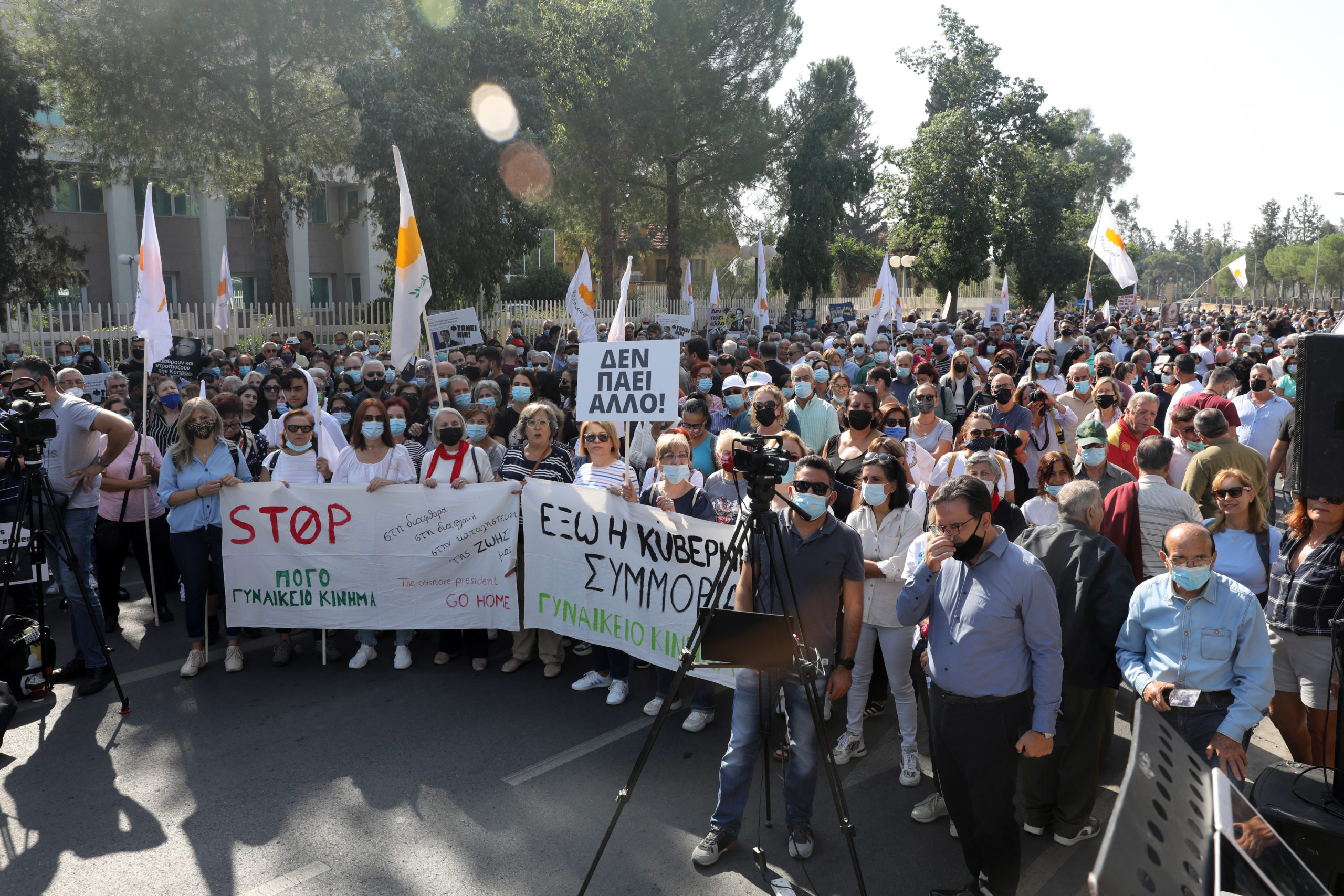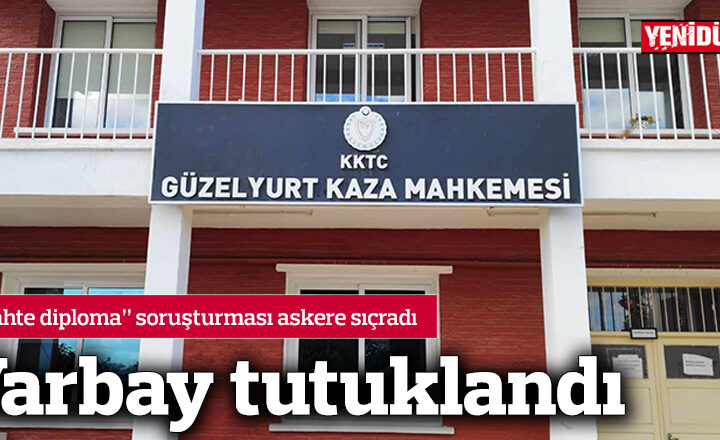Across the globe, Democracy and human rights are increasingly under siege.
Far from being an issue isolated to the “developing” world, democracies new and old are combatting existential crises of creeping authoritarianism, rising inequality, and malign influence both domestically and from abroad.
At present, autocratic rulers routinely reach across borders to suppress journalists, civil society advocates, and other defenders of human rights, corroding the very foundations of our democracies as a result.
As President Biden has declared, “Democracy doesn’t happen by accident. We have to defend it, fight for it, strengthen it, renew it.”
To counteract decades of democratic backsliding and stem the global rise in authoritarianism, rights-respecting societies can and must act together to uphold the universality of civil liberties.
In keeping with this commitment, President Biden will bring together a diverse array of government, civil society, and private sector leaders of the world’s democracies at a virtual Summit for Democracy this week.
The Summit — scheduled to coincide with Anti-Corruption Day on December 9 and International Human Rights Day on December 10 — will galvanise initiatives across three principal themes: combatting authoritarianism, eradicating corruption, and promoting respect for human rights.
Following a year of collaboration, coordination, and action, President Biden will gather with world leaders once more to collectively take stock of progress made and to forge a common path forward.
By delivering on commitments made at the Summit, democracies the world over will demonstrate their steadfast resolve to strengthen accountable governance, promote economic transparency and defend the fundamental rights of all people to live with dignity.
Cyprus
The United States looks forward to Cyprus’ participation in the Summit and recognised the Republic’s efforts to support an open society where citizens, a free press, independent institutions, civil liberties, and human rights are respected.
But there is always more work that can be done.
We will also continue to collaborate with Cyprus on increasing enforcement of existing safeguards against gender-based violence, trafficking in persons, and sex, ethnicity, and nationality-based discrimination.
By addressing these inequities head-on and ensuring the strongest implementation of human rights protections, Cyprus will continue to forge a path towards a fairer, more prosperous society.
This year, Cypriots also tackled corruption head-on by making considerable strides in combatting what President Biden once referred to as a “cancer that eats away at a citizen’s faith in democracy” —corruption.
In sobering data provided by Transparency International’s 2021 Global Corruption Barometer, the Republic of Cyprus ranked third-worst in the EU for public perceptions of corruption, with fully 88 per cent of Cypriots ranking governmental corruption as a major problem.
These sentiments have sparked calls for change, and there are signs that change is coming.
We applaud Cyprus for eliminating the Citizenship by Investment program, and we commend the efforts of the citizen activists who called for action when evidence of abuse came to light.
This illustrates not only the importance of transparency in governance but also demonstrates the immense power of civic engagement to enact positive, measurable change.
The Republic of Cyprus also announced a series of anti-corruption reforms earlier this year, including the establishment of an anti-corruption agency, a beneficial ownership register, and whistleblower protection legislation.
We look forward to the swift implementation of these important reforms.
In issuing this call to democracies around the world, President Biden and his administration fully recognise one of history’s most enduring truisms–no nation is without flaws, and no democracy is ever complete.
Our commitment to the principles of Democracy and human rights is firmly rooted in our own democratic experiment—imperfect but striving evermore for perfection.
Incomplete, but ceaselessly working towards a future in which all peoples thrive irrespective of race, religion, disability, or gender identity.
So, as we look towards the upcoming Summit for Democracy and the annual observance of the UN’s human rights and anti-corruption days, the United States approaches the challenge of achieving collective democratic progress from a place of humility and understanding.
Though the stakes in this global fight against illiberalism and authoritarian rule are great, so too is the potential of democracies determined to act together towards the promise of peace, equality, and the fundamental freedoms owed to every individual and society worldwide.
By Judith Garber, U.S. Ambassador to Cyprus










